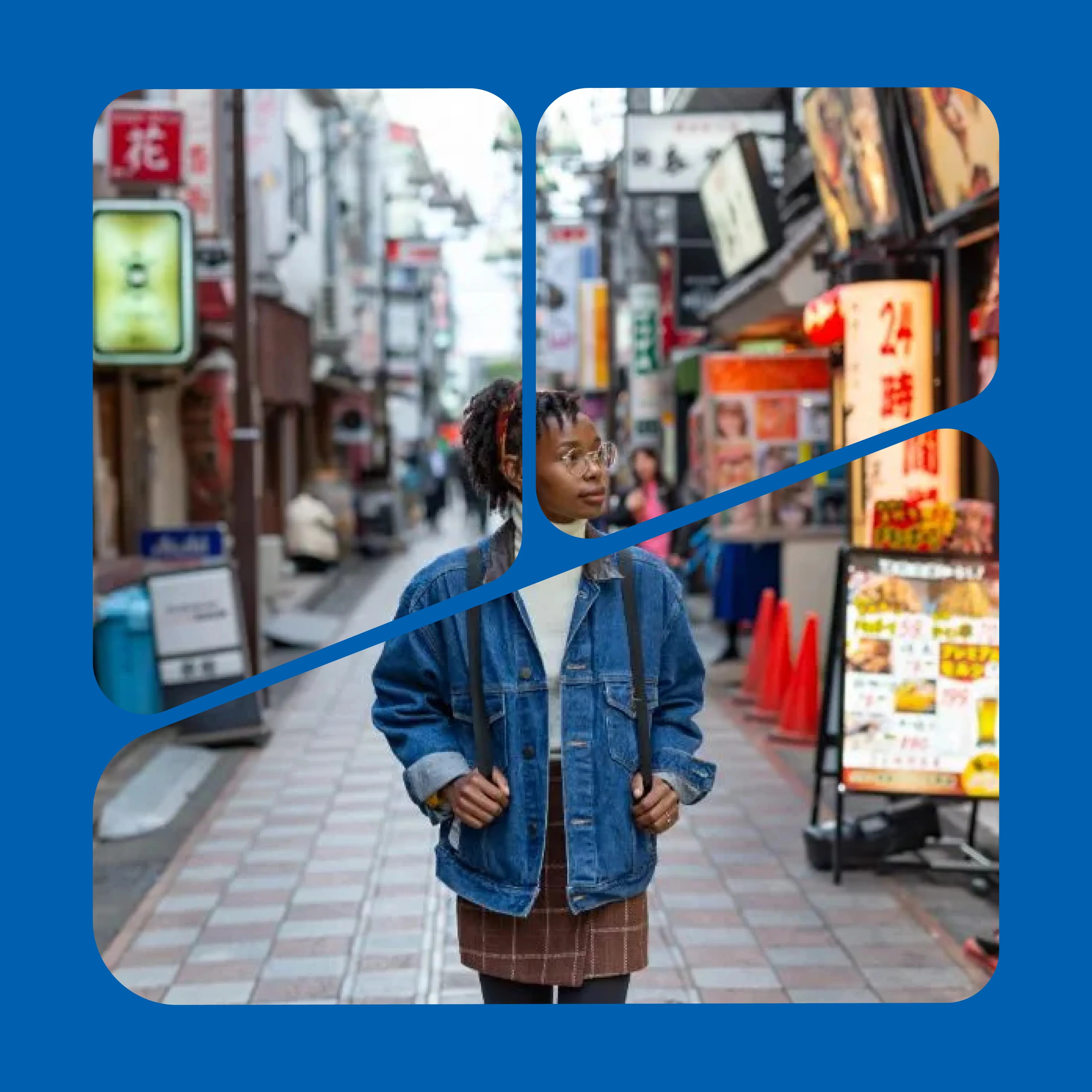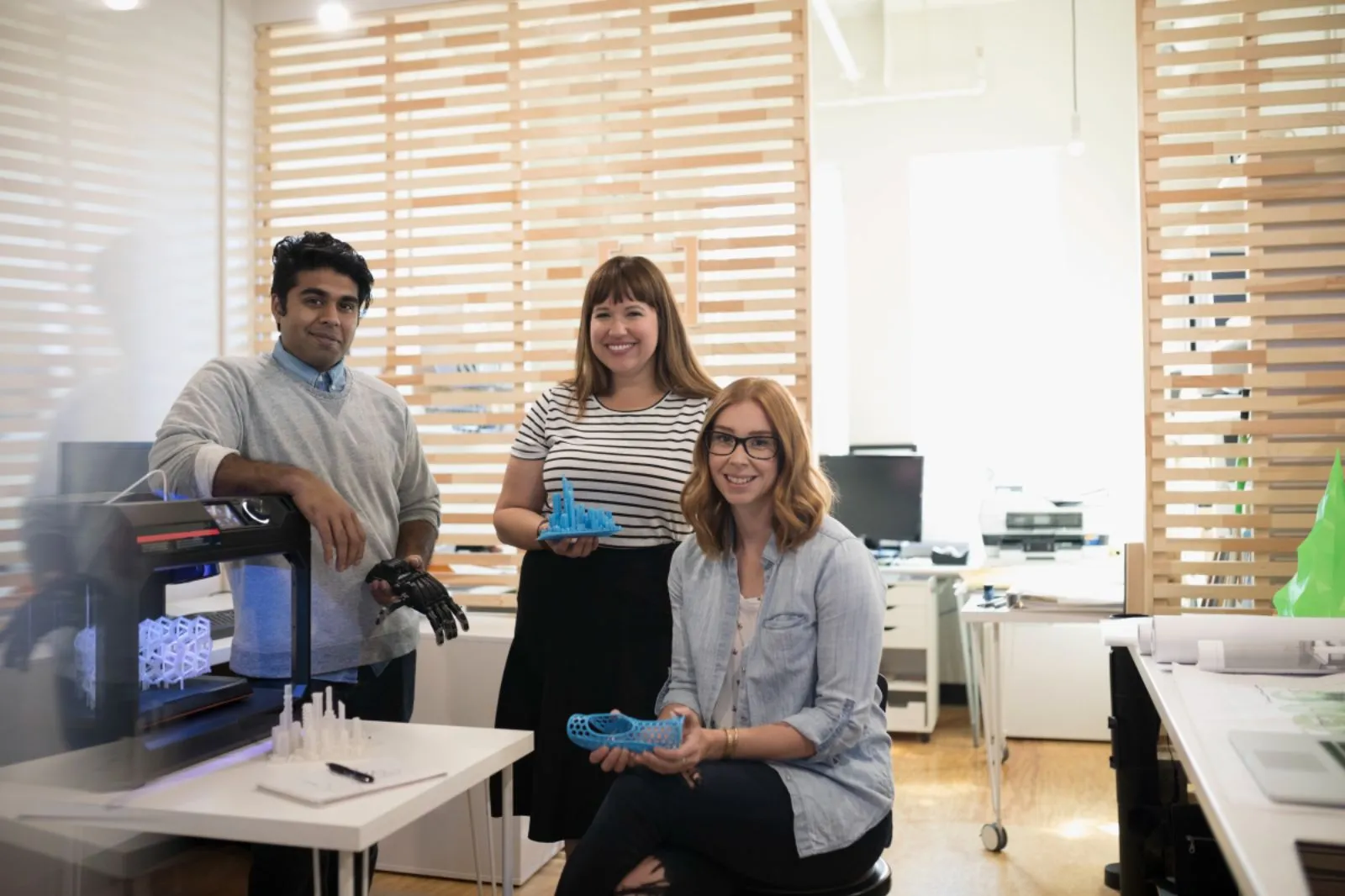How It Works
Program Details
The Mitacs Globalink Research Award (GRA) program supports research collaborations between Canada and eligible countries and regions through intern(s) international mobility.
Under the joint supervision of a home and host professor, successful senior undergraduate students, graduate students, and postdoctoral fellows can do one or two 12-24 weeks internship(s).
The program is offered through two streams:
- Allocation stream: Participating Canadian universities receive a set number of internship units per year. Each university will manage their allocation. Rules and conditions may vary. Please contact your local Mitacs advisor for details, before starting to develop a project.
- Quantum stream: Open to all Canadian universities. The project must be in the quantum sector (includes but not limited to: Quantum computation (hardware), algorithms, and software – Quantum communication, networks, and cryptography – Quantum metrology, sensing, imaging, and materials.). No limit of projects per Canadian university and does not count in the university’s allocation.
Funding
- Each intern will receive $6,000 per internship unit (IU):
- $6,000 research award to conduct one 12- to 24-week research project in the other country. This is one internship unit (IU).
- $12,000 research award to conduct one 24- to 48-week research project or two 12- to 24-week research projects in the other country. This is two internship units (IUs).
Awards are offered in partnership with Mitacs’s Canadian academic institution partners and are subject to available funding.
Applicants are encouraged to seek support from other funding sources to cover all expenses and use prudence when allocating funds to travel and accommodations.
Mitacs funds must be spent according to the budget in the application and Tri-Agency eligible expenses. See Mitacs use of funds for details of eligible expenses for Mitacs programs.
Eligibility
Intern:
- Must be registered as full-time senior undergraduates, graduate students, or postdoctoral fellows at an eligible Canadian institution or eligible international institution and remain as such throughout their Globalink Research Award
- Postdoctoral fellows may apply if their date of graduation from a PhD program is no more than five years prior to the proposed start date of the research project and they have postdoctoral status at an eligible institution
- Cannot undertake a research project at an institution where they have previously completed a degree
- Cannot undertake a research project in a country where they hold citizenship
- Permanent residents or citizens of Canada who are enrolled in an eligible country other than Canada and who wish to do a project in Canada are eligible to apply
- Permanent residents or citizens of Canada who are enrolled in a Canadian institution and who hold citizenship in an eligible country may apply to do a project there
- Must be the legal age of majority in Canada (18 years of age or older)
- Must meet travel requirements for their intended destination, including visa and/or immigration requirements and associated documentation
- Cannot hold more than two Globalink Research Award or Mitacs-JSPS Summer Program Award per academic lifetime
Supervisor:
- Must hold a faculty position at an eligible university
- Must be eligible to supervise graduate students
- Supervisors at Canadian institutions: Must be eligible to hold Tri-Agency funding
Country Eligibility
The program supports research and travel to academic institutions between Canada and most countries (allocation and quantum stream). Outbound mobility is possible between Canada and all countries except those classified as “Avoid all travel” or “Avoid non-essential travel” by the Government of Canada. For inbound mobility, all countries are eligible except for Russia and North Korea.
Please note that this list is subject to change at any time and participants are required to check the status at the time of application and prior to travel. Additionally, participants must adhere to any regional “Avoid all travel” or “Avoid non-essential” travel advisories.
How to Apply
Please note the application process may vary depending on the Canadian university and its internship unit allocation. Please check with your local Mitacs Advisor to determine if your project fits the funding requirements for your institution and to request the link to the GRA Application Portal.
Awards are offered in partnership with Mitacs’s academic partners and are subject to available funding. It is recommended applicants apply at least 16 weeks prior to the planned start date.
Application process
- Review all eligibility and award guidelines from Mitacs and the Canadian institution.
- Participants connect with one another to discuss project interests. Please note that Mitacs does not connect interested interns and academic supervisors.
- Academic supervisors at Canadian institutions obtain endorsement from the Canadian institution beforepreparing the application. Please contact your local Mitacs Advisor for more information on the rules and process at your university.
- Complete the application: in addition to completing all the fields in the portal, applicants will be required to submit a research proposal and a Mitacs Pre-Departure form. Additional information will be provided in the application portal.
- All supervisors and intern(s) must log in and fill in their personal information. There is a research security question that is visible only to each participant. All participants must log in and respond themselves.
- When the portal application is complete, all participants must log in again and sign-off on the project.
- Obtain the Canadian university signature:
- Projects that are being proposed though the Allocation stream must be counted towards the Canadian institution allocation of internship units. The Vice President Research (VPR) or designate signature is required.
- Projects that are being proposed through the Quantum stream do not count in the Canadian institution allocation and is open to all Canadian universities. The Vice President Research (VPR) or designate signature is not required.
- The Office of Research Services (ORS) or designate signature will be required on all completed applications from the Allocation stream or the Quantum stream.
- Applicants should allow 1-3 weeks to obtain the appropriate university signatures.
8. Submit your complete application 12-16 weeks prior to project start date:
- Local Mitacs Advisors, academic supervisors at Canadian institutions and the intern who created the application are the only ones who are able to submit the application through the portal. All participants will receive a confirmation email once the application is submitted.
Post-submission:
- Interns cannot travel until Mitacs has issued both an outcome and award letter
- Approved recipients will receive funds to support intern travel and accommodation expenses, research-related expenses, and stipend. Mitacs funds will be sent to the Canadian institution’s Office of Research Services (or equivalent) and administered as a research grant in the Canadian supervisor’s name.
- Projects must begin within one year of the outcome letter being issued
- Projects with a second unit must end within two years of the start date of the first unit
- All participants (student or postdoctoral fellow, home and host supervisors) submit an exit survey.
Additional resources for partner organizations:
Questions? Consult our FAQ section below or contact [email protected]
 MITACS TERMS, CONDITIONS & POLICIES
MITACS TERMS, CONDITIONS & POLICIES
View and download our documents
Program Administration
Release of funds
Mitacs forwards the GRA funds to the Canadian institution after Award Letter is released to participants. The Canadian institution releases funding to participants in accordance with institutional policies and procedures.
Use of funds
Mitacs funds may be used to support the direct costs of research as specified in the Tri-Agency’s Financial Administration guidelines and in accordance with your academic institution’s guidelines for research expenses. Please direct any questions about eligible expenses for Mitacs projects first to your academic institution and second to your Mitacs Advisor or grant management contact.
- Mitacs does not claim any ownership of Intellectual Property developed through research projects and internships that are funded
- It is recommended that the participating organizations and institutions undertaking a research collaboration through Mitacs-funded projects come to a mutual understanding on the Intellectual Property implications of the project(s)
All applications submitted to Mitacs undergo a rigorous review process to ensure the quality of proposals that receive Mitacs funding. For full details, please see the Mitacs Globalink Research Award section on our Adjudication page.


